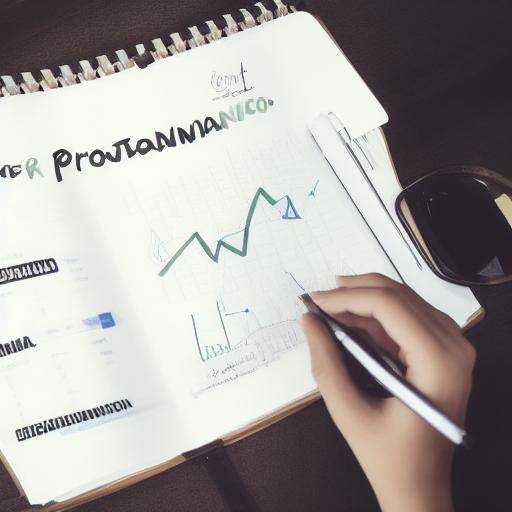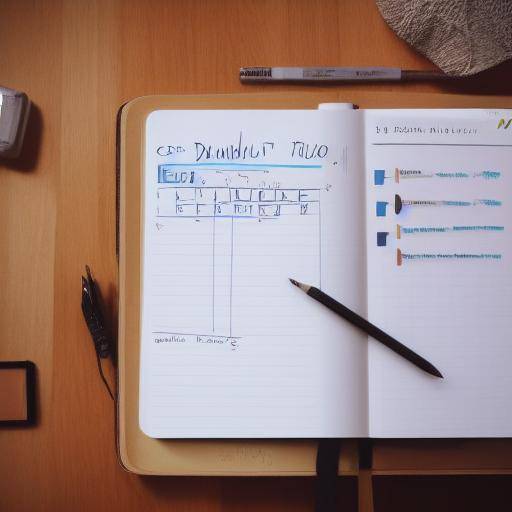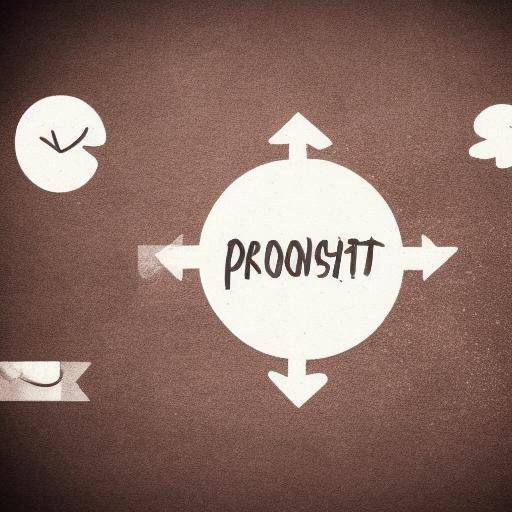
Introduction
At present, work routine can generate stress and anxiety in many people. Meditation has positioned itself as an effective tool to counter these negative effects, allowing greater concentration, mental clarity and general well-being. This article will provide valuable information on how to integrate meditation into the work routine to increase productivity. From its historical origin to current trends, through practical advice and case studies, you will discover how meditation can transform your work life.
History and Background
Meditation has its roots in ancient oriental traditions, such as Buddhism and Hinduism, where it was practiced as a path to self-knowledge and enlightenment. Over time, these practices expanded to different cultures and philosophies, being adopted by various spiritual and philosophical currents around the world. Today, meditation has become a secular tool, practiced by people of various beliefs and contexts, with the aim of finding calm, balance and mental clarity in the midst of a agitated and demanding life.
Benefits and Challenges
Meditation has proven to provide a wide range of benefits for mental and emotional health. Numerous scientific studies support their positive effects, including stress reduction, anxiety and depression, increased concentration and mental clarity, as well as a general improvement in the feeling of well-being. However, integrating meditation into the work routine can present challenges, especially in working environments with high levels of demand and pressure.
Deep analysis
Applications and Best Practices
The integration of meditation into the work routine can be done through different approaches, such as mindfulness meditation, guided meditation or full attention. These practices can be done briefly during breaks at work, before starting the working day or at the end of the work. Incorporating short meditation sessions at strategic times of the day can have a significant impact on productivity and well-being.
Practical Tips
Some practical tips for integrating meditation into the work routine include finding a quiet and comfortable space, establishing regular schedules for practice, using applications or online resources that facilitate meditation, and sharing practice with interested coworkers. Moreover, it is essential to understand that meditation does not require long hours, but even a few minutes a day can produce significant results.
Perspectives and Expert Reviews
Several experts in the field of psychology, personal development and job performance support the integration of meditation into the work routine. These professionals highlight the ability of meditation to improve concentration, decision-making and stress management in challenging working environments. Their views and recommendations offer a valuable insight on how meditation can enhance workers' performance and emotional well-being.
Conclusions and FAQs
Conclusions
Meditation, by integrating into the work routine, can not only help reduce stress and improve emotional well-being, but can also increase productivity and efficiency at work. In developing a personal meditation practice, a solid foundation is established to address labour challenges in a more balanced and conscious way.
Frequently asked questions
1. How long should I devote to meditation on my work routine?
Even dedicating only 5 to 10 minutes a day to meditation can generate significant benefits in the working environment. It is not necessary to devote long periods of time to practice to experience its positive effects.
2. Can meditation be practiced by anyone, regardless of their religious beliefs?
Yes, meditation is not tied to any religious belief. There are different forms of meditation that can adapt to individual preferences and needs, being a secular practice that can be beneficial to anyone, regardless of their religious beliefs.
3. What are the specific benefits of meditation for labour productivity?
Meditation can improve concentration, decision-making, stress management and creativity, which contributes to increased productivity and efficiency at work.
4. How can I incorporate meditation into my work routine if I have a very tight schedule?
Even a few minutes of meditation during breaks or at the beginning and end of the working day can be beneficial. The key is to find small spaces of time during the day to include this practice.
5. Are there studies that support the benefits of meditation in the working environment?
Yes, many scientific studies have demonstrated the benefits of labour-based meditation, including stress reduction, increased concentration and improved workers' emotional well-being.
6. Can meditation be useful for improving labor relations?
Yes, meditation can help improve labour relations by fostering empathy, inner calm and the ability to manage conflicts more balancedly.
The integration of meditation into the work routine not only has the potential to improve productivity and emotional well-being, but also to transform labour culture in general. By adopting this practice, workers may experience a significant change in their approach, performance and job satisfaction, which translates into tangible benefits both at the individual and organizational levels.
This article has provided a deep insight into how meditation can be integrated into the work routine to increase productivity, addressing key aspects from its historical origin to its practical application in the working environment. By adopting a conscious meditation practice, workers can address labour challenges with greater mental clarity and emotional balance, contributing to a healthier and productive working environment.
Remember that meditation is a practice that requires perseverance and patience, and its positive effects accumulate over time. Do not hesitate to explore and experience different meditation approaches to find the one that best suits your needs and lifestyle.






















































